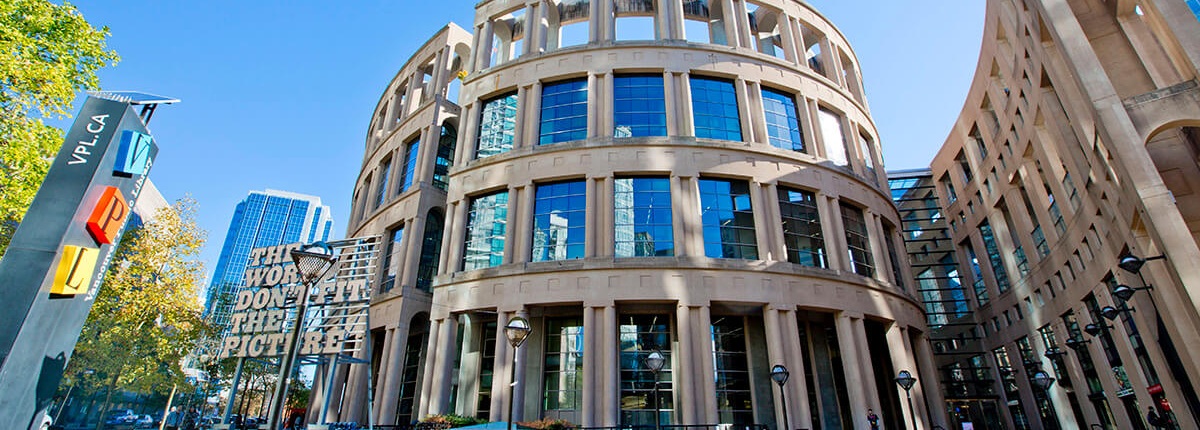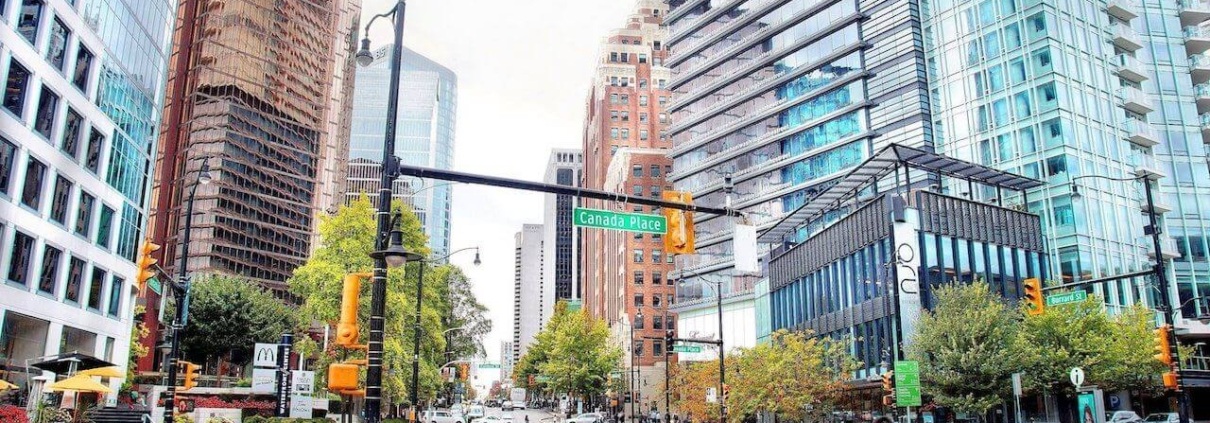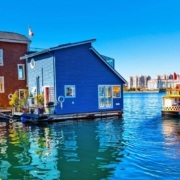Airbnb Regulations in Vancouver – Manual for Hosts 2024 (Updated)
Airbnb has become popular for travelers looking for a unique and affordable way to experience Vancouver. However, with the rise of short-term rentals, the City of Vancouver has implemented new regulations to ensure that they comply with local laws and regulations. This guide will provide an overview of the Airbnb regulations in Vancouver, and what hosts need to know to comply with them.
Airbnb Management Service in Vancouver.
What are the rules for renting out a unit?
For short-term rentals (defined as rentals of less than 30 days) the rules are complex. In Vancouver, short-term rentals are regulated under the Short-term Rental Bylaw, which was introduced in 2018. The bylaw aims to balance the benefits of short-term rentals with the need to protect the long-term rental housing supply and ensure the safety of guests.
Under the bylaw, hosts are required to obtain a short-term rental business license from the City of Vancouver before renting out their unit on platforms such as Airbnb. To obtain a license, hosts must meet several requirements, including:
- The rental unit must be the host’s principal residence
- The rental unit must be a legal dwelling unit, as defined by the City of Vancouver
- The rental unit must not be in a SRO or Rental 100 buildings
- The rental unit must comply with all applicable safety regulations and building codes
- The host must have valid insurance coverage for short-term rentals
Read more about short-term rental business licence here.
Who needs a short-term rental business license?
Any property owner who wishes to rent their unit for less than 30 days at a time must have a short-term rental business license. This applies to all types of properties, including apartments, condos, and houses. Hosts must also ensure that their unit complies with safety regulations and building codes.
What are the penalties for non-compliance?

Hosts who do not comply with the regulations could face fines of up to $1,000 per offense. The City of Vancouver also has the authority to shut down illegal short-term rentals and revoke short-term rental business licenses.
How to obtain a short-term rental business license?
To obtain a short-term rental business license, hosts must submit an application to the City of Vancouver, which includes information about the unit, the host, and proof of compliance with safety regulations and building codes. The application fee is $70, annual fee is $1,000. Hosts must also provide proof of liability insurance.
Short-term rental rules on the official site of Vancouver
How to ensure compliance with safety regulations and building codes?
Hosts are responsible for ensuring that their unit complies with safety regulations and building codes. This includes having working smoke alarms and carbon monoxide detectors, as well as proper ventilation and fire exits. Hosts may need to hire a professional to conduct an inspection and make any necessary repairs or upgrades.
What to include in the set of rules and regulations for the unit?
Hosts must provide guests with a set of rules and regulations for the unit. This should include information about noise levels, parking, garbage disposal, and any other rules specific to the unit or building. Hosts should also include contact information for themselves or a property manager in case of emergencies or other issues. Read more about Airbnb Guest Book in Vancouver.
How to handle complaints or issues with guests?
Hosts should be prepared to handle any complaints or issues that may arise with guests. This includes responding promptly to messages or calls and addressing any concerns or complaints in a professional and respectful manner. Hosts should also have a clear policy in place for handling damage or other issues that may occur during a guest’s stay.
How to compete in a regulated market?
With the implementation of new regulations, the short-term rental market in Vancouver has become more competitive. Hosts who want to stand out in a regulated market should focus on providing excellent guest experiences, offering unique and desirable amenities, and maintaining a high level of cleanliness and organization. Hosts should also ensure that their pricing is competitive, considering the nightly fee and other costs associated with short-term rentals.
How to stay up to date on the regulations?

The City of Vancouver may update the regulations for short-term rentals from time to time, so hosts should make sure to stay informed about any changes. Hosts can stay up-to-date by checking the City of Vancouver’s website, attending information sessions or workshops, and joining local short-term rental groups or associations.
What are the benefits of complying with regulations?
Complying with the regulations for short-term rentals in Vancouver has several benefits. Hosts who obtain a short-term rental business license can operate their rental unit legally and avoid fines or penalties. Compliance with safety regulations and building codes can also help to ensure the safety and well-being of guests.
What are the challenges of complying with regulations?
Complying with the regulations for short-term rentals in Vancouver can also present some challenges. Hosts may need to invest time and money into ensuring that their unit is compliant with safety regulations and building codes. The limit of 30 nights per year may also limit the potential income that hosts can earn from their rental unit. Additionally, hosts may need to deal with the administrative tasks associated with obtaining a short-term rental business license and paying a fee.
Familiarize yourself with the Tax on Airbnb income in Vancouver.
Conclusion
The regulations for short-term rentals in Vancouver are an important aspect for hosts to consider when renting out their unit on platforms such as Airbnb. Hosts who comply with the regulations can operate their rental unit legally, ensure the safety of their guests, and contribute to affordable housing initiatives in their community. While compliance may present some challenges, hosts can overcome them by focusing on providing excellent guest experiences and staying up-to-date on any changes to the regulations.
Check out Airbnb Regulations in Edmonton and Overview of the Airbnb Regulations in Richmond.












